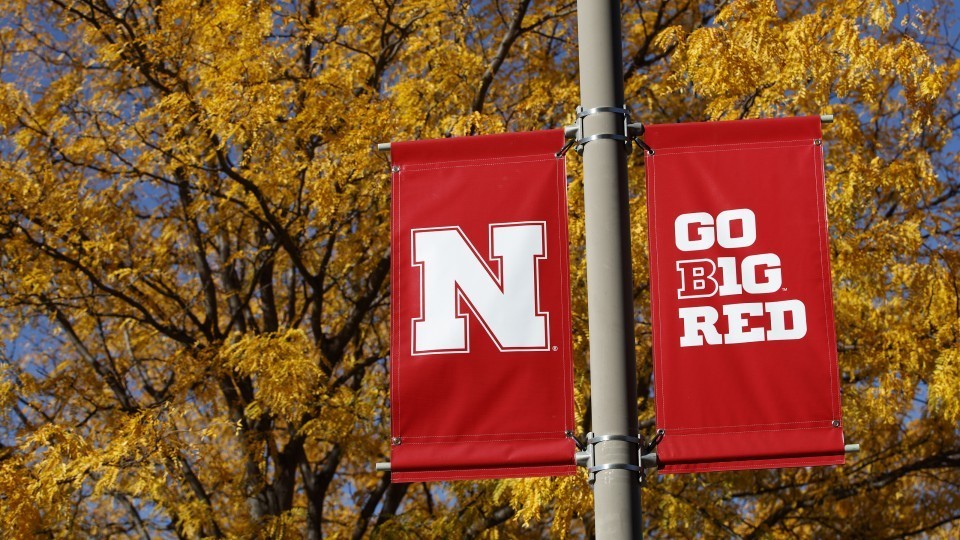
Chigozie Obioma, English, is part of the lineup for Wordfest’s Imaginarium Festival in Calgary, Canada, in October. The Calgary Herald published an article on the lineup Aug. 1. The story was picked up by more than 35 media outlets.
Obioma offered his thoughts on late author Toni Morrison for an Aug. 6 USA News Hub roundup. Morrison died Aug. 5 at age 88. Obioma also wrote an Aug. 7 piece for The Guardian on Morrison.
- - -
A 2015 study by Anne Schutte, psychology, and colleagues was highlighted in an Aug. 3 Babygaga article on the perks of letting children explore nature. The study theorized that children become more focused in a restorative environment such as nature.
- - -
Regina Werum, sociology, co-authored an Aug. 13 analysis piece for The Washington Post on what it takes for state governments to respond to hate crimes. The researchers found that states are more likely to pass hate crime legislation when advocacy groups are strongly mobilized and different parties control each branch of the state’s government. The researchers said the current political climate might be particularly conducive to focusing federal resources on hate crime reporting.
- - -
John Borstelmann, a senior history major at Nebraska, won the 2019 Gravel Worlds bicycle race Aug. 17 in Lincoln. He finished the 150-mile race in 7:02:19. Cyclocross Magazine published the race results Aug. 18.
- - -
Eileen Hebets, biological sciences, was quoted in an Aug. 20 Inside Science article on a new study suggesting that microbes can change how spiders mate. “At this point, the world of microbes and spider behavior, I think, is wide open,” she said.
- - -
John Janovy, emeritus professor of biological sciences, was interviewed for an Aug. 29 Snopes article on a viral video showing a long, stringy worm moving around inside of a green bell pepper. Some people claimed the worm was dangerous. Janovy said there’s a chance the worm in the video was a mermithid nematode, which “is of no danger to humans.”


